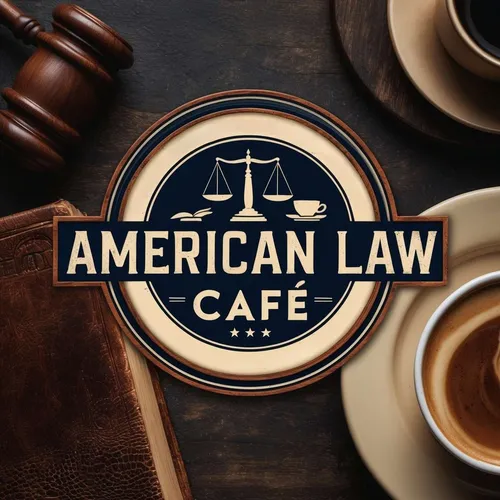Judicial Notice 101: What Judges Can Assume — And What They Can’t (Federal Rules of Evidence 201 and 202 Explained)
- Author
- Pre-Law Productions
- Published
- Sun 31 Aug 2025
- Episode Link
- None
🎙️ In this episode we’re mastering Judicial Notice under Rules 201 & 202 so you know what courts can accept without proof—and what they can’t.
This episode covers how judges notice adjudicative facts (201) and law (202), the strict limits that protect fairness, and the TN cases that show what happens when courts overstep.
🔑 Key Topics Covered
Judicial Notice Overview
- A time-saver, not a shortcut: courts may accept certain facts or law without formal proof—but only within narrow rules.
- Two lanes: Rule 201 = facts of the case; Rule 202 = law (statutes, regs, common law, some ordinances/foreign law).
Rule 201 — Adjudicative Facts
- Eligibility: Fact must be not subject to reasonable dispute because it’s (1) generally known in the jurisdiction or (2) accurately and readily verifiable from unquestionable sources.
- Procedure: Court may act on its own or must on proper request with sources; can be taken at any stage; parties get an opportunity to be heard.
- Jury Instruction: Civil—jury must accept the noticed fact; Criminal—jury may accept it (protects defendants).
- Limits & Pitfalls:
- Berry v. Berry / Petty v. Petty: No “notice” of speculative social science or predicted harm—requires proof, not assumptions.
- Vaughn v. Shelby Williams: No judicial notice based on a judge’s personal observations; judges can’t become witnesses (see Rule 605).
Rule 202 — Law
- Scope: Courts notice federal and state law; may notice municipal ordinances and foreign law with proper request and reliable materials.
- Practice Point: Provide the text/source (certified ordinance, official code, expert materials for foreign law).
- Limit: Judicial notice of law can’t cure a party’s failure of proof.
- State v. Chearis: No automatic notice of a city ordinance; without a proper request/source, the state’s case failed (and suppression followed).
Practical Playbook
- Requesting notice? Cite the rule, supply authoritative sources, and propose the correct jury instruction (civil vs. criminal).
- Opposing notice? Demand your opportunity to be heard, contest disputability, and preserve the issue.
- Record, record, record: If notice is granted or denied, make sure the basis and materials are in the file for review.
🎧 Whether you’re prepping for Evidence classes or litigating at motion call, Rules 201 & 202 keep trials efficient without sacrificing fairness: notice only the indisputable, prove the rest.
Introductory Music for American Law Cafe. In Jazz Short by moodmode / Vlad Krotov.
🎶 Intro Music: "In Jazz Short" by moodmode / Vlad Krotov
📚 Content Created by Heather Mora
🎙️ Hosted on Buzzsprout: https://www.buzzsprout.com/2429305
